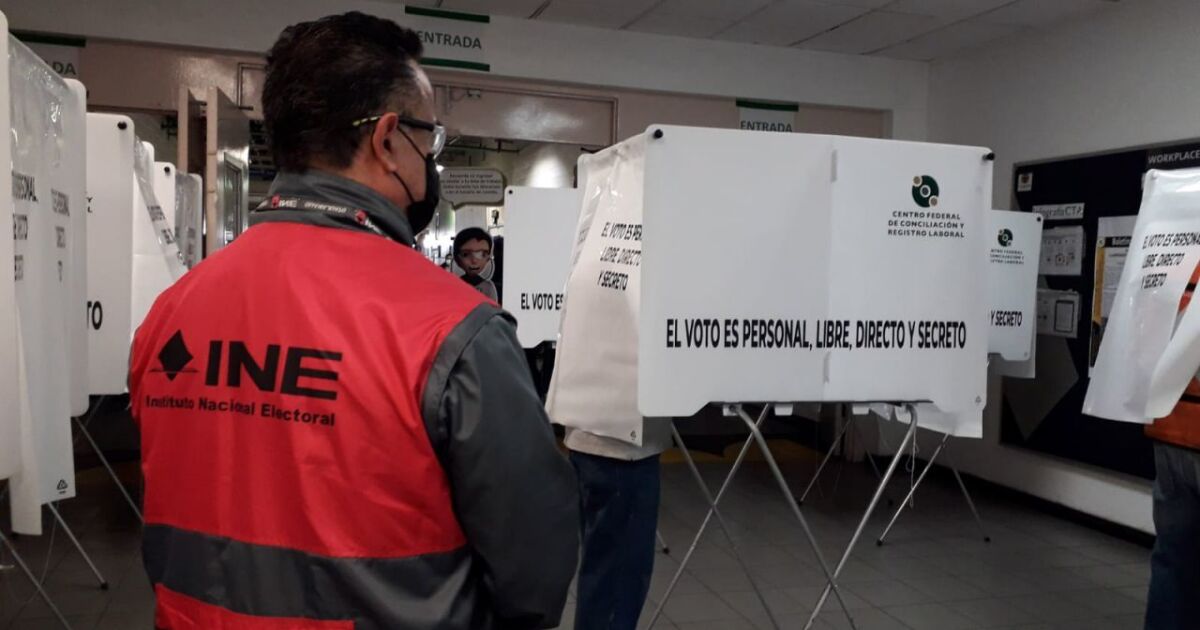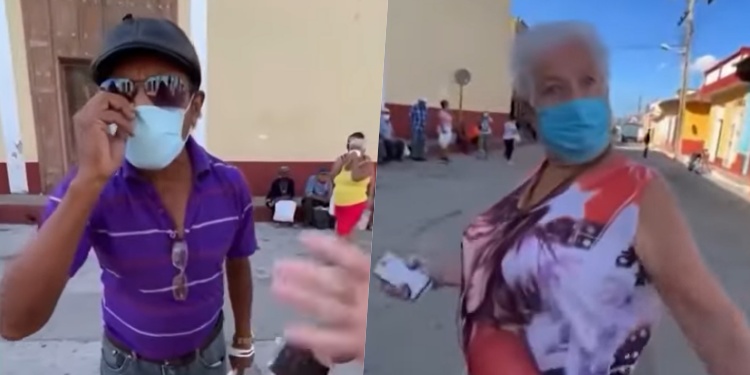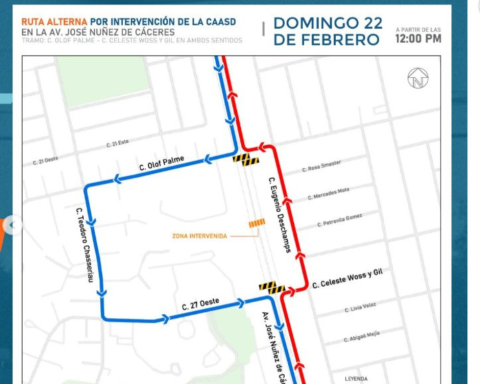Among the most serious is the conversion of the National Electoral Institute into the National Institute of Elections and Consultations; the politicization of electoral councilors by forcing them to campaign for the popular vote (making them dependent on party structures and resources of opaque origin); or the elimination of the constitutional provisions on the electoral register and the voting card.
It leaves the door open for the information of more than 93 million Mexicans to return to the hands of the government, or who knows where, and breaks down the pillar on which the maxim “one person, one vote” is based.
However, the reform initiative addresses an even more complex issue and that has to do with the equality of the vote. The vote must be worth the same when it is cast and counted. But it must also have the same value when translated into the allocation of seats in the legislative chambers. Until today, there is a deficit in this last category, since a party does not obtain the same percentage of seats as its percentage of votes.
This happens due to various circumstances. Among them, the mixed system for the formation of the Chambers where 300 deputies are elected by direct vote for a candidacy and 200 by vote for a party list; the over-representation of 8% allowed in the Constitution – that is, if a party obtains 20% of the votes it can have up to 28% of the Chamber – and the coalition system that in practice causes even that limit to be exceeded.
In this sense, the initiative proposes to transform the way in which popular representative bodies are formed:
a) it would be made up of 300 councils, instead of 500;
b) your choice would be for a list system. Voting would no longer be for a particular person and for one of the 5 lists per constituency, but for 32 lists: one for each entity, for each party and;
c) each deputation would no longer represent each one of the 300 electoral districts, but rather each one of the entities. Another important change is that the parties that have reached at least 3% in their entity would participate in the distribution of seats and not at the national level as is currently done.

















